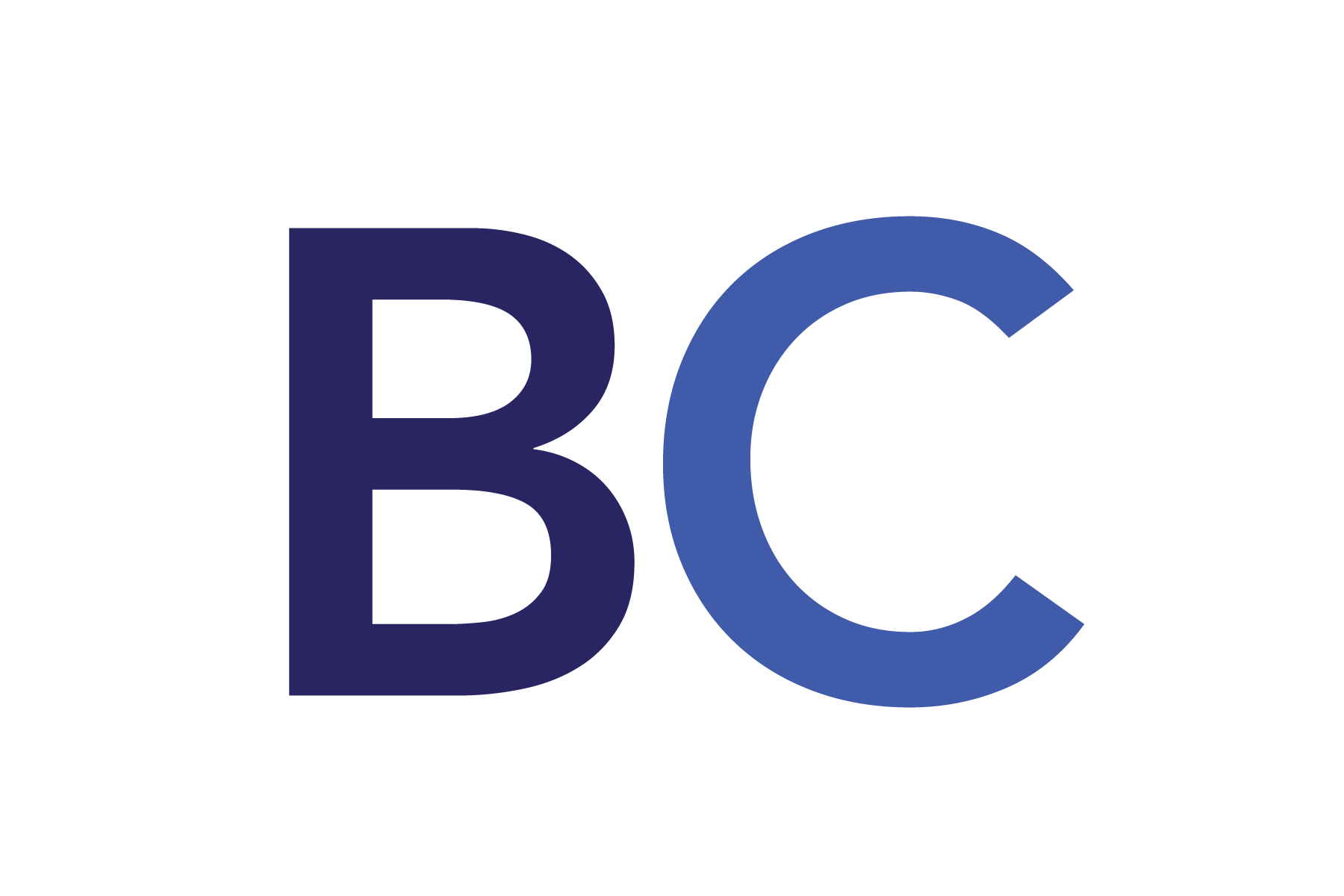Stock index options are financial derivatives that give the holder the right, but not the obligation, to buy or sell the value of a stock market index at a predetermined price (the strike price) before or at the expiration date. Unlike stock options, which are tied to individual stocks, stock index options are based on a basket of stocks representing an index, such as the S&P 500, Nasdaq-100, or Dow Jones Industrial Average.
Key Features:
- Cash-Settled: Since an index is not a physical asset, these options are settled in cash based on the index’s value at expiration.
- Call & Put Options:
- Call options give the right to buy the index at the strike price. Investors buy calls if they expect the index to rise.
- Put options give the right to sell the index at the strike price. Investors buy puts if they expect the index to fall.
- European-Style Exercise: Most stock index options (like S&P 500 options) can only be exercised at expiration, unlike stock options, which are often American-style (exercisable anytime before expiration).
- Hedging & Speculation: Investors use index options to hedge against market downturns or speculate on broad market movements.
How Stock Index Options Impact Markets:
- Hedging: Institutional investors use index put options to protect portfolios from market declines.
- Volatility Influence: Large trades in index options can impact market volatility, especially near expiration.
- Market Sentiment Indicator: The activity in index options (e.g., put/call ratios) is often analyzed to gauge investor sentiment.
#IndexOptions #DerivativesTrading #PortfolioHedging #MarketAnalysis



